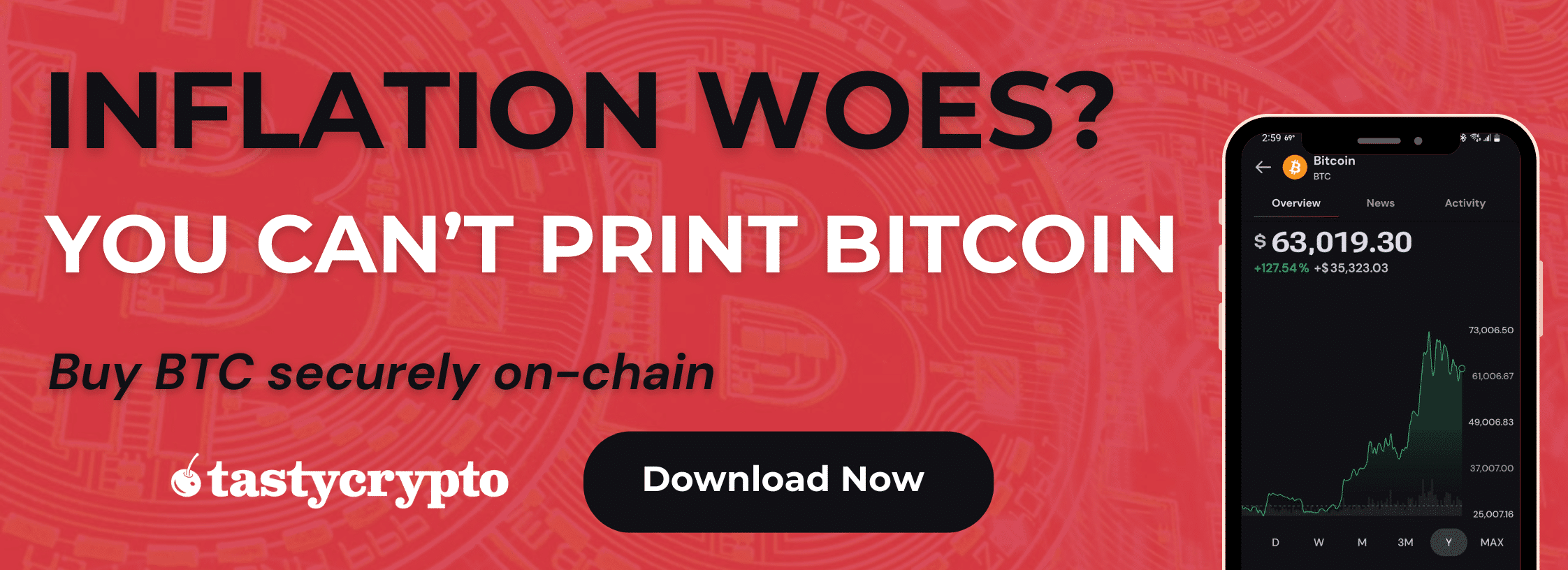The ETH/BTC ratio tells us how much bitcoin (BTC) is required to purchase one ether (ETH) Coin.
Written by: Mike Martin
Reviewed by: Ryan Grace
The ETH/BTC exchange rate is calculated by taking the current market price of one Ether (ETH) and dividing it by the current market price of one Bitcoin (BTC).
The resulting number tells us how much of a bitcoin one ether can purchase at current market values.
For example, let’s assume the price of bitcoin is $35,000 USD/coin and ether is at $2,000 USD/coin. Let’s do some math!
ETH/BTC Exchange Rate Calculation:
Price of 1 ETH: $2,000
Price of 1 BTC: $35,000
Calculation: Price of 1 ETH / Price of 1 BTC
ETH/BTC Exchange Rate: 2000 / 35000
Result: 0.05714 BTC
These calculations show us that 0.05714 bitcoins equate to 1 ether at the current market prices.
Why Is The ETH-BTC Useful?
The ETH/BTC ratio is an important metric in crypto. This ratio tells investors which crypto (either ETH or BTC) is outperforming the other, and by how much. For example, a high ETH/BTC ratio implies ether is outperforming bitcoin. When these ratios get too lopsided, a pair’s trade may be in order!
FAQs
Bitcoin (BTC) has a substantially higher price than ether (ETH). Today, one ether can purchase about 0.05 of a bitcoin.
The ETH/BTC ratio is valuable because it tells us the relative performance of ether to bitcoin. A rising ETH/BTC ratio may indicate growing confidence in Ethereum, while a falling ratio might suggest a shift towards Bitcoin.
The Ethereum blockchain is capable of storing and executing smart contracts, which are the building block of Web3. Bitcoin can’t natively store smart contracts. Additionally, ether (ETH) can be staked while bitcoin (BTC) can not.
🍒 tasty reads


The Core Blockchain and DeFi Ecosystem: What You Need to Know

7 Best DePIN Crypto Projects

What Is Symbiotic and How Does It Work in 2024?

Ethereum vs Ethereum ETFs – 5 Major Differences


Mike Martin
Mike Martin formerly served as the Head of Content for tastycrypto. Before joining tastycrypto, Michael worked in the active trader divisions of thinkorswim, TD Ameritrade, and Charles Schwab. He also served as a writer and editor for projectfinance.
Michael has been active in the crypto community since 2017. He holds certifications from Duke University in decentralized finance (DeFi) and blockchain technology.

